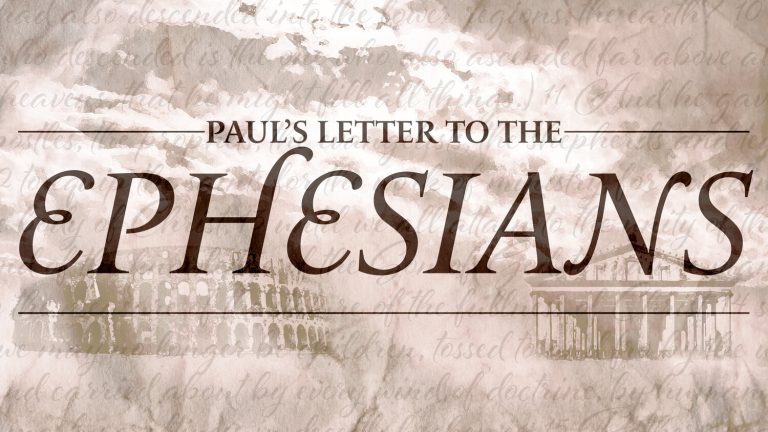
Ancient Anglican
A Modern Perspective on Early Christian Thought.
New on the Blog
Philemon – A Story of Christian Freedom, vv.4-24
Paul’s manner of addressing Philemon gives us a good example of how to speak truth in love and with maturity to each other. Eph. 4:15. Paul addresses Philemon as an equal, with respect, and reminds Philemon who he is in Christ Jesus.
Philemon – Overview and Introduction, vv.1-3
Living Christianity makes people more human, not less. No Christian should grumble at the extra demands of love. They are golden opportunities to draw on the reserve of divine love, and in so doing become more fully oneself in Christ, more completely in the image of God, more authentically human.
Ephesians 6:21-24 – The Benediction
Paul ends his letter by reminding the Ephesians of our eternal, spiritual, incorruptible, immortal, death-defeating, teleological end. As the letter begins with God’s plan which was set forth from the beginning that all things would be united in Christ, so Paul ends this letter with this same teaching that death is defeated and God will be all in all.
Ephesians 6:10-20, Armor of God
The church’s military engagement with the powers and principalities of the heavenly realm is not about advancing or attacking but of standing firm and holding one’s ground. Christ is the one who wins the battle and the church militant is to hold those gains.
Ephesians 6:1-9, Household Codes pt.2
In the three examples of household relationships, Paul always addresses both parties to that relationship. In addressing the traditionally subservient party, Paul gives them a share in the responsibility to maintain the good order of the household. In addressing the traditionally dominate party, Paul gives him reciprocal obligations.
Ephesians 5:21-33, Household Codes pt.1
The very basis of Paul’s household codes is his introductory statement that we must “be subject to one another.” v.21. In his examples, Paul transforms the existing roles into something new. The social structure or shell of these institutions is left in place, however, Paul’s teaching radically reimagines and redefines the inner reality of these existing institutions.
Ephesians 5:6-20, Children of Light
In acting in accordance with the Good, the Church exposes the unfruitful works of the darkness of the world. The Church does this, not by scolding those still in the world, but by showing them the Light which is Christ, and thereby being attractive to them.
Ephesians 5:1-5, Imitators of God
The summation of Paul’s ethical rules is contained in 4:32-5:2 – Give grace to one another, just as God in Christ gave grace to you and be imitators of God, to walk in love with one another just as Christ sacrificially loved you.
Ephesians 4:25-32, Putting on the New
Paul is not merely writing that we should be gracious to or forgive others, but we must be continuously gracing and forgiving each other. This endless gracing of one another is what a Christian community look like.
Ephesians 4:17-24, Putting off the Old
Paul calls upon his audience to cast off their old life, which arose from their ignorance, just as they would cast off an old garment. Their old nature is simply not who they are anymore with the full knowledge of Christ Jesus.
A Sermon on Jesus Preparing his Disciples (Mark 9:38-50)
Jesus knew that his disciples would encounter much hardship and temptation on their way to Jerusalem and to the Cross but he gave them these teachings as a foundation. He gives us these same teachings to us as we too take up our cross, serve one another, and understand that whoever does good works in Jesus’s name also belongs to the Kingdom.
Ephesians 4:7-16, Christ’s Spiritual Gifts
Christ’s gifts are given to individuals, not for their own spiritual benefit, but to benefit the church itself. Our gifts can only be properly utilized in service to the body. Otherwise, we are like the servant in the parable who received the one talent and buried it in the sand.



